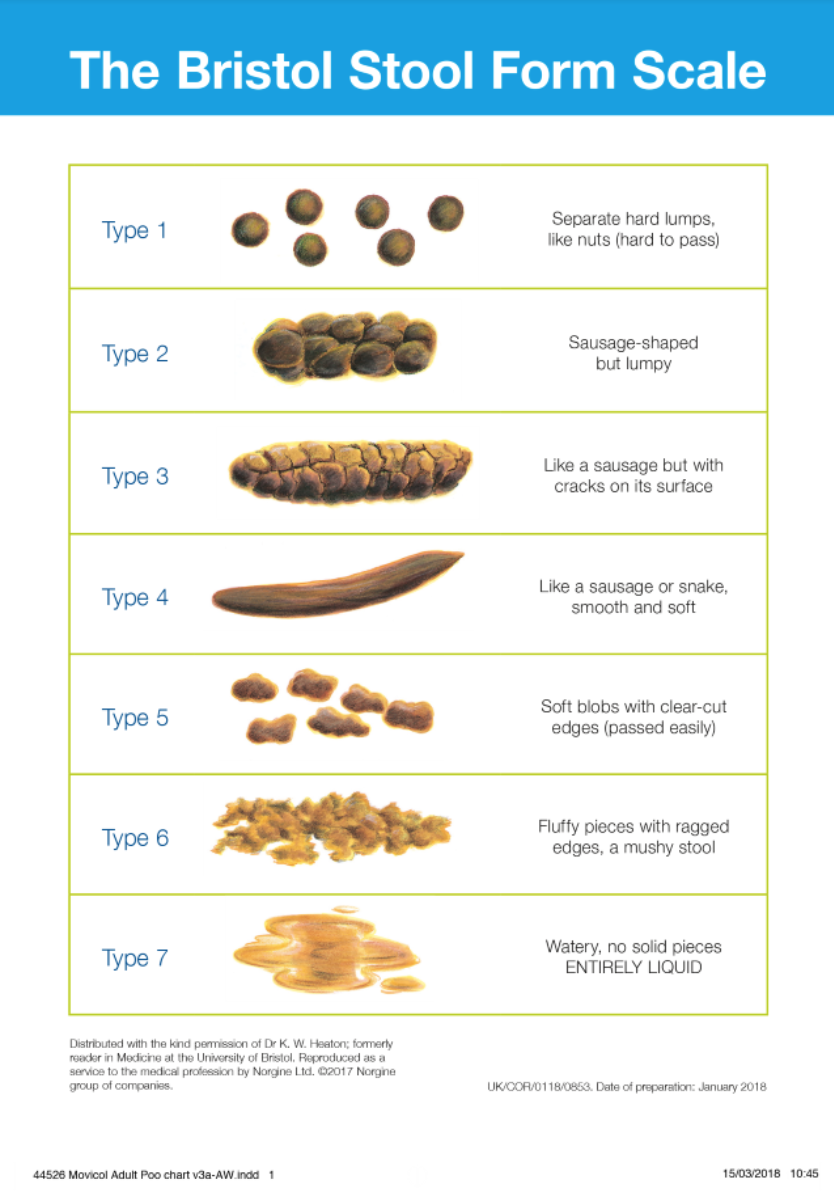Tips for Healthy Bowel Movements: How to have healthier poops
Did you poop today? If not, you are not alone. Constipation is the most common Gl complaint in the US, leading to millions of doctors visits per year.
Constipation is so frustrating, painful, and can be connected to other health issues either as a cause or as a symptom. It can create bloating, irritability, lack of appetite, incontinence and even vomiting.
You might be wondering, “How often should I poop per week?” Well, that’s a great question!
You should be pooping every day – ideally, twice a day. Yes, I know this sounds crazy, but it’s what your body was designed to do. Here’s the truth: Going to the bathroom daily is a sign of a healthy digestive tract and critical to your overall health.
Consider this: When you poop, your body is eliminating waste. That’s the garbage that needs to get out! Do you really want garbage sitting in your large intestines for days on end? No way!
Plus, your liver flushes toxins out of the body and sends them via the bile into your intestines. If you’re not pooping daily, then all those toxins get reabsorbed back into your body. And your poor liver has to do that work all over again, and you feel sluggish and foggy!
What is the consistency of your bowel movements? You can consult the chart below and see where they fall… Ideally you would look most like type 4, but types 3-5 are reasonable.
Here’s how we define constipation:
Hard, dry stools or stools like pellets or balls
Incomplete evacuation - you don’t feel like you’ve passed the entire stool
Less than one normal formed, soft stool daily
Straining during a bowel movement
Now, let’s look at how to help fix it! How to poop better:
Let’s look at your diet. Do you eat enough fiber? The average person eats less than 15 grams of fiber a day, but the ideal range is 30-40 grams a day. That’s a big discrepancy! Whole fruits, veggies, legumes like beans and lentils and whole grains like oats, brown rice and quinoa will help add “bulk” to your stools. Fiber also is the fuel for your microbiome, so it’s a win/win.
Drink more water – you need water to help pass a soft bowel movement. If you are dehydrated, your body reabsorbs more water from the colon and your stool gets harder. The goal is to drink half your body weight in ounces. And caffeinated beverages don’t count - they actually make the problem worse by dehydrating you! And if you add more fiber without liquid, it can actually cause constipation. We need fluid to go with the fiber.
Exercise - This helps by increasing peristalsis or the muscular contractions of the intestine that move the stool along. A walk around the block or some yoga poses (especially ones that twist you at the waist) can help quite a bit.
Consider a squatty potty - I am a huge proponent of the squatty potty! It’s a small stool that sits under your toilet where you can prop your feet up. Our bodies were meant to poop in the squatting position, not with our legs at a 90 degree angle. Modern toilets are not designed for our system. By putting us into a squatting position, it places our bowels in the optimal shape to make pooping easier! If you don’t have access to a squatty potty, you could even use a box or trash can turned sideways.
Consider magnesium - Magnesium citrate is a great relaxer for the colon and can really help you go. Start with 1 pill and gradually increase until you are having daily bowel movements with ease. You can purchase a high quality version here: pure encapsulations magnesium citrate.
Stop using laxative supplements - your colon can become dependent on these!
Try a probiotic - there is research to show that adding in some good bacteria can really help with gut transit time.
Take a few deep breaths: Throughout the day and when you sit down on the toilet, take some deep belly breaths. This will help you and your body relax, and be better equipped to go. We can’t poop if we are too uptight! Pelvic floor therapists can also help with your breathing and exercises to optimize pelvic floor muscles, which are heavily involved in bowel movements.
I hope this information helps get things moving for you! Let’s take the trash out daily. Your body will thank you!

